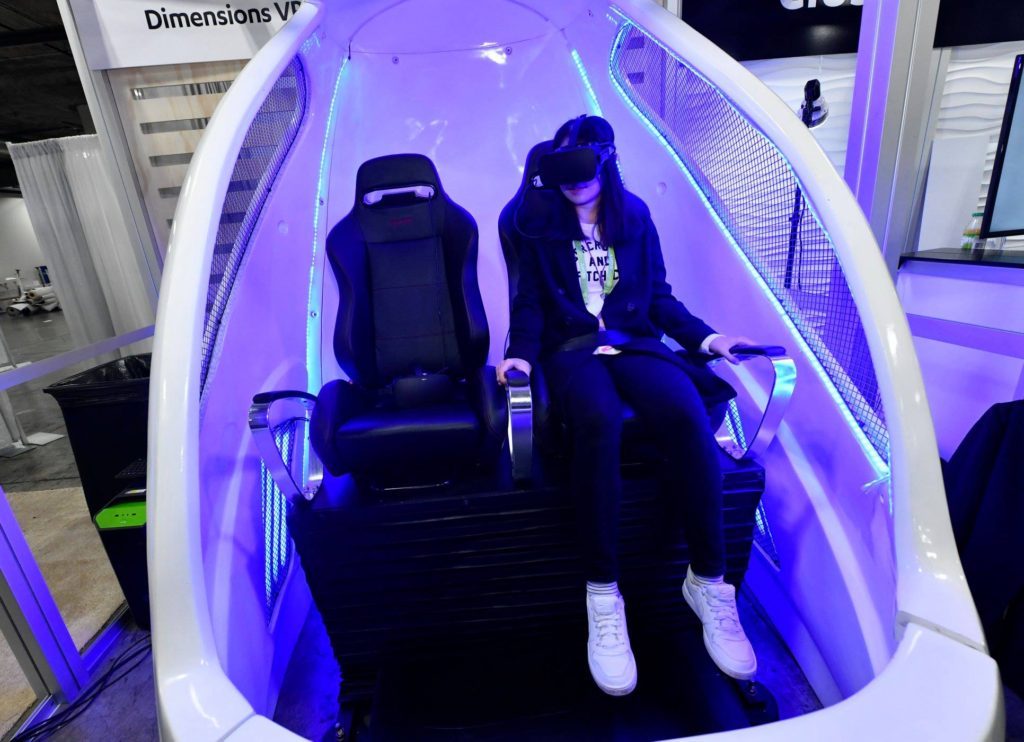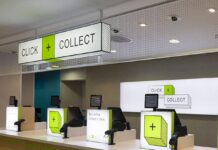With hindsight the clue is perhaps in the title – The Consumer Electronics Show. But while this suggests the show is geared towards gadgets, impressive innovation and smart tech to get the inner geek in all of us excited, we still might expect some glimpses into the tech enabled future of retail. Sadly though, CES 2018 didn’t really have much of this.
That said, there was enough on show elsewhere to impress and inspire the imaginative to include platforms elsewhere into their brand experiences. There were clear themes to CES 2018 that any brand should pay attention to and retail brands in particular should be thinking how/if they should build into their customer experience.
Virtual Assistants
2018 is very much the year of the virtual assistant battles. With the notable exception of Siri (Apple don’t do CES) they’re all here – including Bixby.
The narrative around all of them, except Google, is that their assistant will become the brain that allows you convenient control of the tech in the connected home. This perhaps has a while to go before it gets to critical mass and everyone needs/wants one. Ultimately the connected home is a luxury that many will consider not worth the cost or effort. How hard is it to turn the lights off after all?
🏆
The 2024 Creative Retail Awards are open for entries.
The Creative Retail Awards are much more than a mere accolade; they represent the pinnacle of achievement in the retail industry. Garnering a nomination or winning one of these awards is a testament to innovation, excellence, and leadership.
www.creativeretailawards.com
A different narrative exists around Google’s Assistant – tellingly it’s the only example that doesn’t have an irritating name. Intended to be first and foremost an audible version of Google with added functionality of ordering/booking etc etc. It easily makes sense, points to the future success of the virtual assistant and the way we’ll all come to think of them. It’s simply a transferal of what we’d do on a phone screen to doing through a speaker with voice not thumbs. If the shift is going to be from smartphone to smart speaker this really needs to be as easy as talking to a person.
And this is the significance to retail and brand experience – unless the tech is seamless, can deliver human experience and benefit, it will be regarded by guests as a toy-like novelty. This may be some way off but the brand that finds the killer application for virtual assistants may well usher in a new paradigm in brand experience.

Retail that recognises
The big moments in the underwhelming retail tech section centre around gesture and facial recognition. This is reliable, well developed tech that isn’t that new in truth but perhaps represents the certainty that risk averse retail needs right now. As well as recognising previous customers and their preferences it allows tracking of customer behaviour as well as reading of desire. Also paves the way for a great deal more automation of stores.
VR gone nuts – really big this year are full on VR gaming experiences. With Samsung seeming to lead the way it’s become a very adult field with serious hardware involved beyond the headsets. It’s again a maturation and sophistication step forward for the technology and makes the wii type applications of a couple of years ago look quaint, silly and old fashioned. This may lead the way to VR gaming ‘bars’ other leisure experiences. Why go to a dry ski slope when a Samsung machine can have you test yourself against all the best mountains in the world without having to leave the comfort of Swindon. What makes VR awkward or retailers that hardware at present – enclosed headsets – is isolating and solitary where shopping is in essence a social activity.
AR not VR
In retail at least. Whilst this isn’t particularly new tech the applications are about real and lasting benefit rather than the AR mirrors that amuse for about 5 mins. Again suggests a conservative risk averse retail sector but also the lack of application for isolating VR in what is essentially a social activity – shopping.
Tech platforms crossing into brands
Representing the maturing and acceptance of platforms created by the tech companies, lifestyle brands are now incorporating them into premium products. 808 speakers use Alexa in premium smart speaker systems. Fashion brands are licensing smart watch tech from Samsung et al. This suggests that Alexa etc may well become ‘ingredient’ brands like Intel or Android which as a slight paradigm shift for us general public means we’ll be more accepting of the platforms in brand experiences.
So while no great retail specific innovations there’s plenty for progressive brands to think about building into their experience. The question for the retail sector is, is CES just too far ahead of the mainstream customer on the high street to make the risk justifiable. And more pertinently can they lose a cultural conservatism and embrace an entirely new retail concept that builds on some of these and makes immediate human sense to customers.















